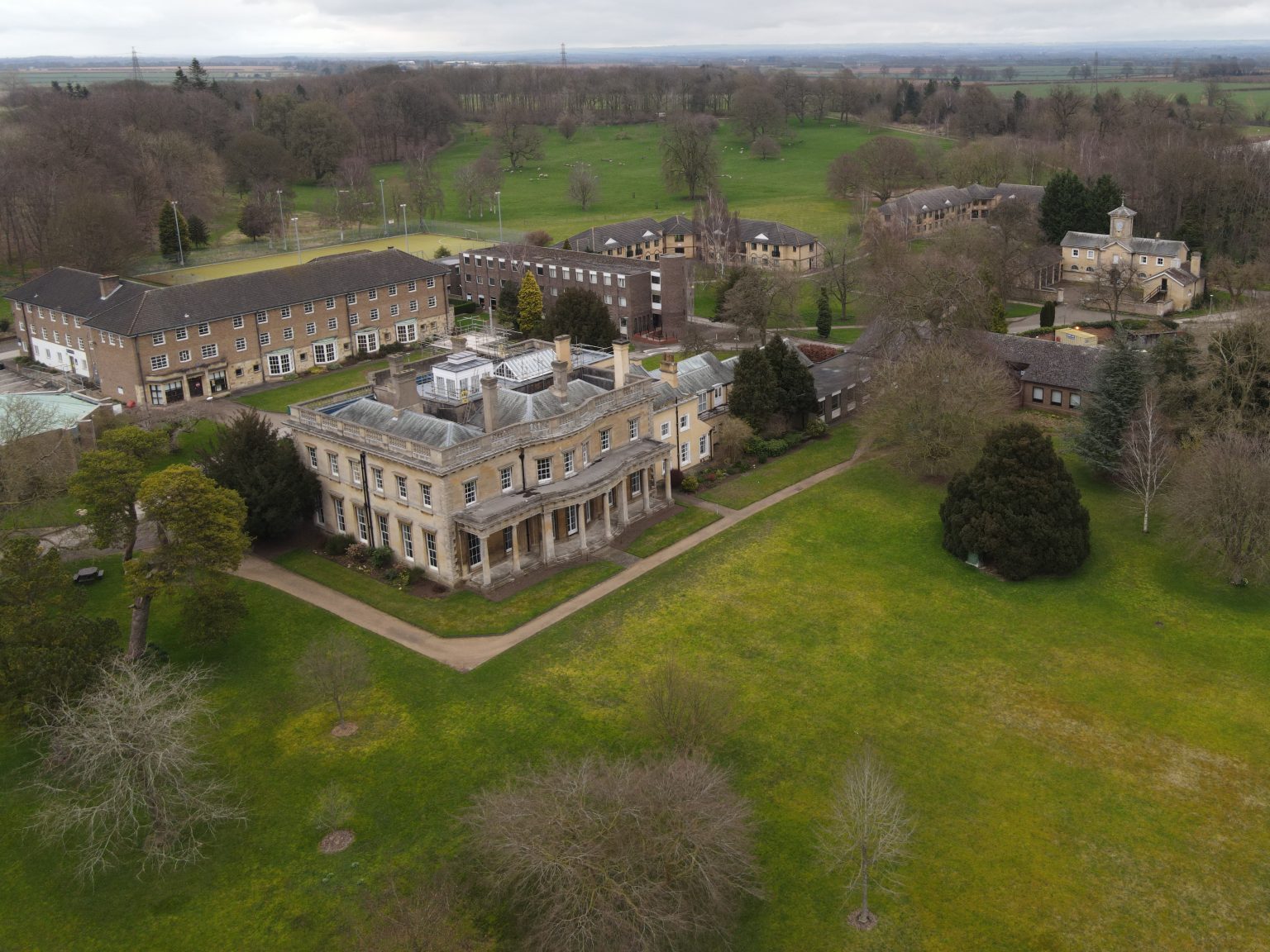Work has started on creating a new research and development facility at the University of Lincoln’s Riseholme Park Campus, enabling new industry collaboration and research opportunities for the UK’s food and farming sector.
The glasshouse will facilitate regional industry specialisms, support innovation in food and farming, deliver collaborative, impactful and high value research with industry, and further establish the University’s Riseholme Park Campus and Lincoln Institute for Agri-Food Technology (LIAT) as specialist centres.
The Glasshouse Research & Development (R&D) Facility will use geothermal ground source heating technology to provide heating from renewable energy. The building will therefore operate with a considerably lower carbon footprint than traditional facilities of its kind and will demonstrate plausible pathways towards a Net Zero transition for this segment of the agriculture and horticulture industries.
When completed, the glasshouse will offer access to specialist research infrastructure and innovation support services. This will allow SMEs and other businesses in the UK’s food sector to adapt or improve their products or services.
The glasshouse will have capacity for multiple R&D projects to take place simultaneously in independently controlled compartments. Eligible businesses will also have access to academic experts from the University of Lincoln, as well as many research and knowledge transfer opportunities. This ongoing support will enable adoption of new technology, new processes, acquisition of skills and the development of new products.
Prof. Neal Juster, Vice Chancellor of the University of Lincoln, said:
“We are very excited at the prospect of our new Glasshouse Facility being constructed at the University’s Riseholme Park Campus, and it will be working with Net Zero technologies that are in line with our ongoing commitment to sustainability and a carbon free future.
“Lincolnshire is the UK’s Food Valley, from its seafood industry in Grimsby, through agri-tech in Lincoln, to its fresh produce sector in southern Lincolnshire.
“We are facilitating growth with an industry-led investment agenda. Our enabling strategy, working in conjunction with industry can deliver success by attracting and supporting investors.
“By working together, locally and with the government, we can deliver much more investment, innovation, job creation and food security.
“It is incredibly important that we invest in applied research and development opportunities such as this and encourage the growth of our University as a commercial entity.”
Ruth Carver, Chief Executive of the Greater Lincolnshire Local Enterprise Partnership, said:
“As the UK’s Food Valley, the agri-food sector in Greater Lincolnshire is nationally significant and growing rapidly.
“The Local Enterprise Partnership is supporting the Glasshouse research facility to ensure that state-of-the-art facilities are available to our businesses to help them grow and innovate and to allow our people to learn new skills.”
Prof. Simon Pearson, Founding Director of the Lincoln Institute for Agri-Food Technology at the University of Lincoln, said:
“The Glasshouse R&D Facility will present a great amount of new opportunities for not only those studying at LIAT, but for eligible businesses that will benefit from the research carried out at the facility.
“This wouldn’t have been possible without the commitment and investment of the Greater Lincolnshire Local Enterprise Partnership, and we are very grateful for their ongoing support.
“Once the new facility is operational, we will develop a raft of new Net Zero facilities for glasshouse production. Our aim is to unlock substantive investment on glasshouse crop production across the GLLEP. These investments need viable Net Zero solutions for growers to reduce energy cost and carbon emissions. Investment in glasshouse production helps grow local economies, skills and food security”
The Glasshouse R&D Facility will form part of Greater Lincolnshire LEP’s proposed Agricultural Growth Zone (Ag Zone), designed to support Greater Lincolnshire agriculture and the delivery of the UK Food Valley.
The research and development infrastructure will also be used for the new AgriTech Incubator established by the University of Lincoln in partnership with Barclays Eagle Labs.
The total cost of the project will be £2.2 million with the majority of the capital being provided by a local growth fund from the Greater Lincolnshire Local Enterprise Partnership. Construction of the facility is expected to be completed by Summer 2025

